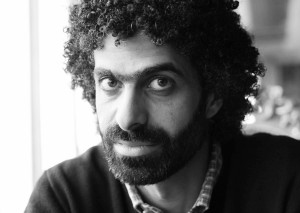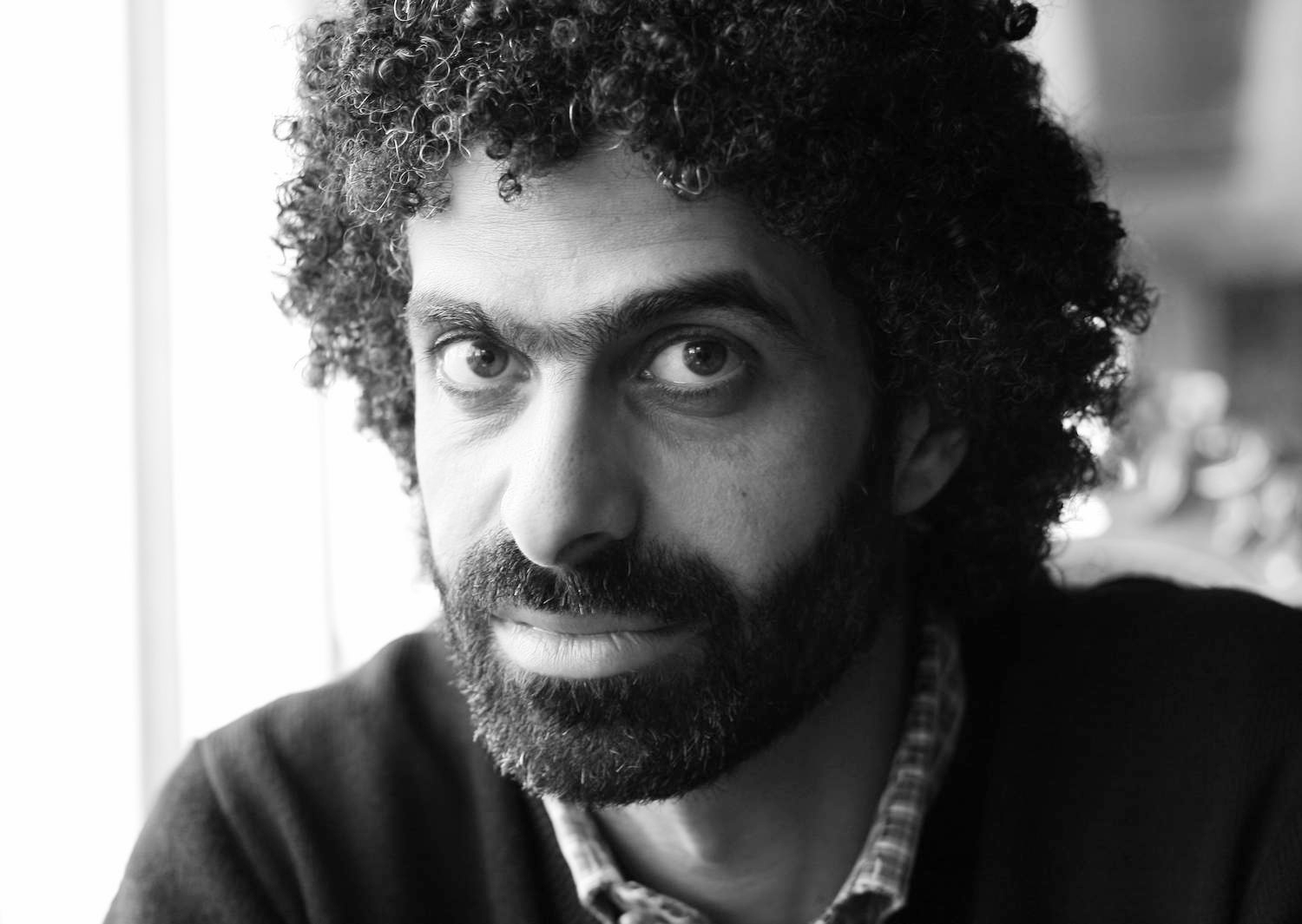
Political divergence between those supporting the Muslim Brotherhood and those supporting the Supreme Council of Armed Forces (SCAF) has reached a peak since President Mohamed Morsy officially came to power.
Choosing one side over the other is a political right; however, the justifications for any choice should be legitimate and well-weighed, taking into account future developments and present influences on people.
Since the Brotherhood took power, some who identify themselves as secular politicians have decided to take an anti-Brotherhood stand much stronger than in the past. Following on from this, those seculars have decided to side with the SCAF to differing degrees. It seems they are playing the naïve game of “the enemy of my enemy is my friend,” a game which is, in most cases, unethical.
On the other hand, some politicians, as well as public figures, have decided to side with the Brotherhood. Some believe it is about time to take a chance on political Islam, while others simply follow wherever the power goes.
It might be politically simplistic to say that both sides, pro-SCAF and pro-Brotherhood, are unethical. However, since politics affects daily lives and shapes people’s futures, we should not put aside ethics and values when contemplating such power games.
For those anti-Islamist seculars who are directly or indirectly supporting SCAF: Isn’t this the same group which has run up a long list of legal violations and anti-democratic practices since Mubarak was ousted by the people you claim to represent?
And for those anti-secular Islamists blindly supporting the Brotherhood and claiming to be freedom seekers: Isn’t this the same Brotherhood who alleged that the revolutionaries of Mohamed Mahmoud and the cabinet clashes were thugs and youth on drugs, the same Brotherhood who disregarded hundreds of civilian deaths and injuries back then?
Regardless of the ethical questions, it is short-sighted of such “either-or politicians” to take sides so quickly in their hunger for power. The truth, which has been well-documented, will eventually see the light, whether in a year or in ten. Then these politicians will find themselves naked in a winter storm, thanks to the popular collective memory of YouTube and social media.
The wider problem is the high cost of such politicians having the power to influence and shape public opinion, directing the average citizen to their “either-or” dark side. The whole of last week, from the killing of the 16 Egyptian soldiers in Sinai, through the chaotic scene of their funeral, to the random accusations that began to fly around, has shown the level of divergence that is now affecting average people. In the absence of verifiable evidence or a known reality, those playing power games were able to emotionally mobilize the masses against each other.
Unfortunately, playing out politics this way, with seculars deciding all of a sudden to side with SCAF and Islamists racing to embrace the Brotherhood mantle, will spell no good for the future of the country that both claim to care about. A rapid choosing of sides and ensuing polarization will delay the development of either a mature civilian/secular model in Egypt, or an enlightened model of political Islam.


